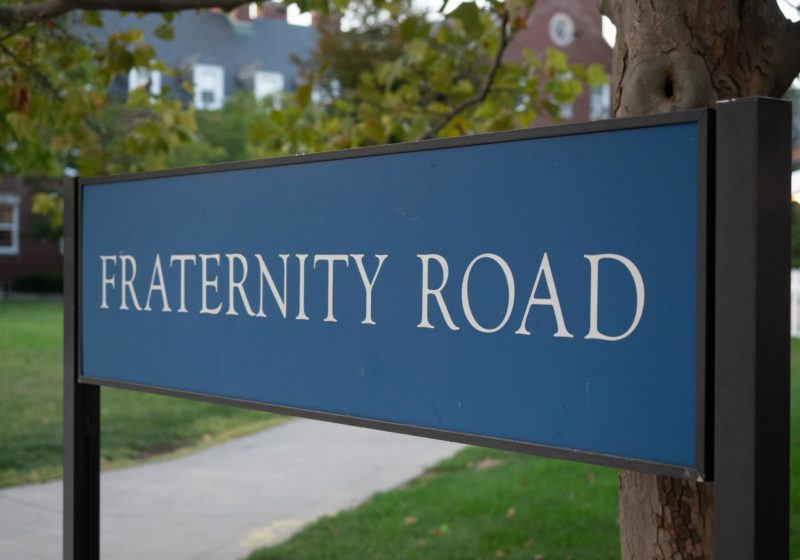Editor’s Note (9/6/20): This is part one of a three piece series about substance use in the United States.
On Jan. 16, 1919, the 18th amendment to the United States Constitution was ratified, banning all alcohol production and consumption effective one year from that day. The stated goal of the devout Protestant temperance movement was to reduce crime, family violence, corruption, and alcoholism. The amendment was the movement’s triumph, and it was, in many ways, a complete failure.
Illegal bars called speakeasies popped up almost immediately, and illicit alcohol production and smuggling supported them. The people who produced and smuggled the alcohol (moonshiners and bootleggers) were criminals, often violent ones. Al Capone is the most notorious of these bootleggers, known for bribing the police to ignore his violent rule over Chicago’s underground alcohol scene.
In 1933, the 21st amendment repealed prohibition, but still gave states broad powers to regulate the production and distribution of alcohol. Bootlegging, moonshining, and the crimes that came with them became a thing of the past.
Kind of.
We have about a dozen speakeasies and hundreds of small-time bootleggers on campus. We gave them new names. The speakeasies go by meaningless Greek acronyms. The bootleggers are everyone’s senior friend or older sister, and that guy on the hall with a fake ID. (Much less frequent, students who try to brew alcohol in their dorm room from Capri Sun pouches and Juicy Juice from Hillside are the modern-day moonshiners.) All over the country, college, high school, and even middle school students purchase alcohol from bootleggers. And all over the country, our peers go to hang out at these speakeasies.
Of course most fraternities are more than just a drinking club, and not all of these organizations participate in underage alcohol consumption and distribution. But just as we still have bootleggers and speakeasies, we also have the problems they create.
This summer, a lot of people took a hard look at the issues created by sororities on this campus, but people didn’t talk much about fraternities. Maybe this is because fraternities are less problematic than sororities. But I doubt it.
I think it’s because fraternities have immense social power that insulates them from criticism, and because the often affluent, largely white, entirely male population of fraternities have no reason to take a hard look at their own behavior.
Where does their power come from? A lot of places. Their public unity is one. Everyone wants to belong, and fraternities offer a place of belonging. This isn’t a bad thing, but it allows frats to carry the weight of dozens of individual student opinions, without the discord that any other group of that size would have.
Another source is money. Fraternities provide valuable connections to members, and their members are more likely to donate to the school. Al Capone may no longer be bribing cops, but that doesn’t mean corruption is gone. Hiring practices in companies nationwide still nepotistically favor those who happen to share a few Greek letters in common with the person doing the hiring.
Perhaps the most important source of power for fraternities is alcohol. Most college students can’t legally drink, and many want to drink. The closest thing to a bar or nightclub that many of us have is a frat house basement. Plus, at UR, it’s almost always free.
Every woman in the country knows to be careful in bars and nightclubs, and doubly so in frat basements. Most campuses have at least one fraternity with a shamefully consistent history of sexual assault, and many more with one-off cases. Everyone has heard hellish stories of hazing. Sometimes there are brawls; sometimes shootings.
These things certainly still happen in bars, but at least bars are regulated by the state, and have professional bouncers who are there to keep everyone safe — not to make sure their “brothers” don’t get in trouble. And at least bars don’t protect patrons who harass and assault other patrons. And at least bars don’t give massive social influence to organizations that have historically discriminated against marginalized groups.
My brief experience rushing frats at UR showed me that there are many people within these organizations who take these issues seriously, and many that don’t. But as we’ve seen with police, one bad apple spoils the bunch.
We can try to abolish fraternities, but frankly I don’t think that will happen any time soon. They have plenty of power, money, unity, and alcohol.
We’ve tried increasing accountability, and that might help. It at least can’t hurt. But I think the real solution doesn’t even have much to do with frats.
If I could drink legally in bars in nightclubs, I doubt I’d ever set foot in a fraternity ever again. And though bars and nightclubs have their problems, I feel safer there than in frat houses by a mile.
By lowering the drinking age, we’d be repealing prohibition for the second time. And like the first time, we might see the speakeasies melt away, and some of their problems with them.



